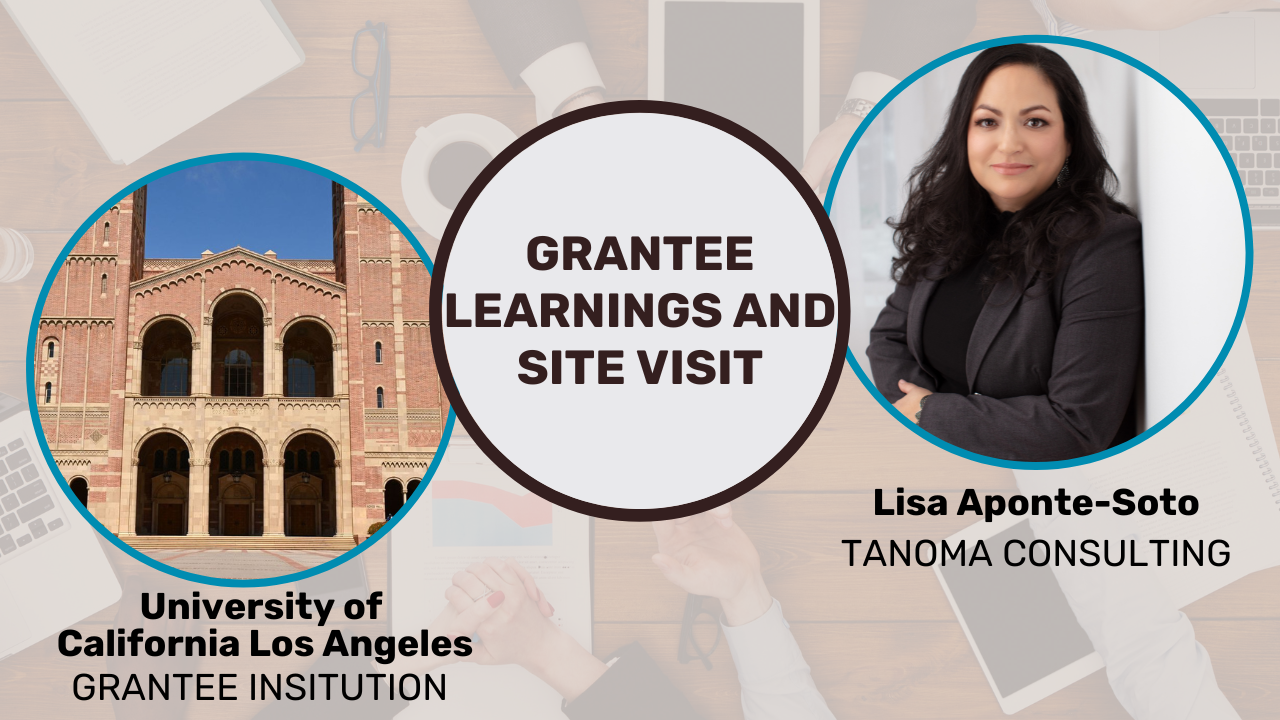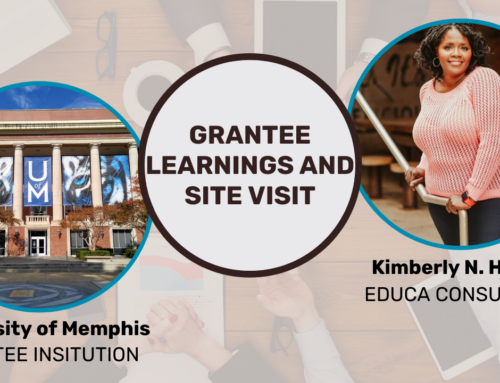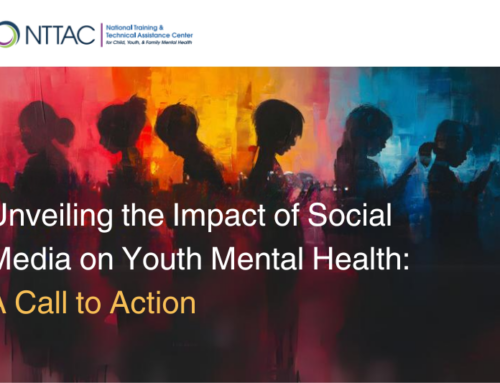¡Saludos! Greetings! I am Lisa Aponte-Soto, PhD, MHA, Founding President of Tanoma Consulting, a national consulting firm providing transformative, culturally responsive research, evaluation, and training services to advance health, education, and workforce equity. Since it was instituted in 2021, I have been humbly collaborating with Change Matrix as one of four external Adaptive Change Specialists (ACS) for the Robert Wood Johnson Foundation (RWJF) Transforming Academia for Equity (TAE) initiative. As an ACS, I have had the privilege to work in partnership with the Guiding Teams (GTs) of two of the seven funded TAE institutions, the Oregon State University College of Health and the University of California Los Angeles (UCLA) Fielding School of Public Health (FSPH).
This summer, I had the opportunity to participate in a site visit to the UCLA FSPH with my ACS colleague Elizabeth Waetzig, JD, and founding partner at Change Matrix. The UCLA FSPH Office of Equity, Diversity, and Inclusion (EDI) is committed to cultivating an inclusive community where students, faculty, and staff from historically and socially marginalized and underserved backgrounds are valued, represented, heard, and respected. The UCLA FSPH EDI Office recognizes the harmful history of structural racism, anti-Blackness, white privilege, and exclusionary practices that have been perpetuated within academic institutions. Thus, it is intentionally working to foster transformational change for a more equitable system and inclusive environment through four pillars: (1) Pathways and Recruitment, (2) Community and Belonging, (3) Teaching and Development, and (4) Infrastructure and Policy. However, as a public state institution, UCLA FSPH’s EDI mission and efforts have been continuously challenged by legislative amendments to the state constitution against Affirmative Action through Proposition 209, which scrutinize opportunities not deemed available to all students, for example. The recent Supreme Court rulings against race-based college admissions have compounded this. Like many institutions in the U.S., UCLA has been charged forward by engaging in anti-racist initiatives to ensure that the necessary support systems are in place for students, faculty, and staff.
UCLA FSPH’s TAE Journey
In the first phase of this grant (2021-2023), the UCLA FSPH GT members started their TAE journey with a clear understanding that they needed evidence to demonstrate the need for and gain buy-in from the broader institutional community on the promise of this EDI initiative. Therefore, they launched a comprehensive climate assessment that students, faculty, and staff completed.
For the second cycle of grant funding (2024-2025), the implementation phase, the GT members have established an action plan to support the integration of their holistic anti-racist framework that focused on the FSPH Student Life Course. Initially, the framework focused on macro-level programming, including the climate survey, developing inclusive curricula, and fostering holistic student admissions and retention practices. However, due to adaptive challenges, namely faculty engagement and resistance, the GT members reframed their strategic action plan to focus on creating wrap around services for faculty, given that there are existing micro-level supporting systems and networks for students, such as pipeline and pre-matriculation programs.
During the site visit, the GT and ACS members engaged in a series of brainstorming sessions focused on each of the four components of their strategic action plan to define actionable steps that would enable establishing a cohesive network of wrap around support services that (em)powers faculty by effectively tackling the unique challenges they face. The components include (1) coaching, (2) teaching and development, (3) professional and research development, and (4) interpersonal and peer-building support.
My Takeaways
As I reflect on my time with the UCLA FSPH GT members, I share the following takeaways:
Manage your assumptions and expectations. Reputable institutions like UCLA are just as vulnerable to challenges that work against the efforts of implementing thoughtful and strategic EDI plans. Periods of setbacks, resistance, pauses, and pivots, though unfortunate and frustrating, are to be expected.
Embrace the journey—There are many pathways to transforming academic spaces into equitable and inclusive communities that promote a sense of joy and belonging. Adaptive leaders, like the UCLA FSPH GT, must continue to reimagine and recalibrate whenever the road may lead to unexpected pathways or obstacles.
Stay the course—Championing EDI efforts requires tireless, sometimes unrecognized, and undervalued leadership. It is important to stay the course and build relationships that will nurture and love you unconditionally. The UCLA FSPH GT members are a close-knit family who are lovingly embraced and safeguarded by their TAE project director, much like their “mom.”
For me, leading diversity, equity, inclusion, and belonging initiatives takes a concerted effort to build comunidad (community), fearless dialogue, actionable planning, humility, and corazón (heart). I am grateful to be on the TAE journey in partnership with the UCLA FSPH, the OSU College Health, the fellow TAE grantee collaborative, Change Matrix, and RWJF.




